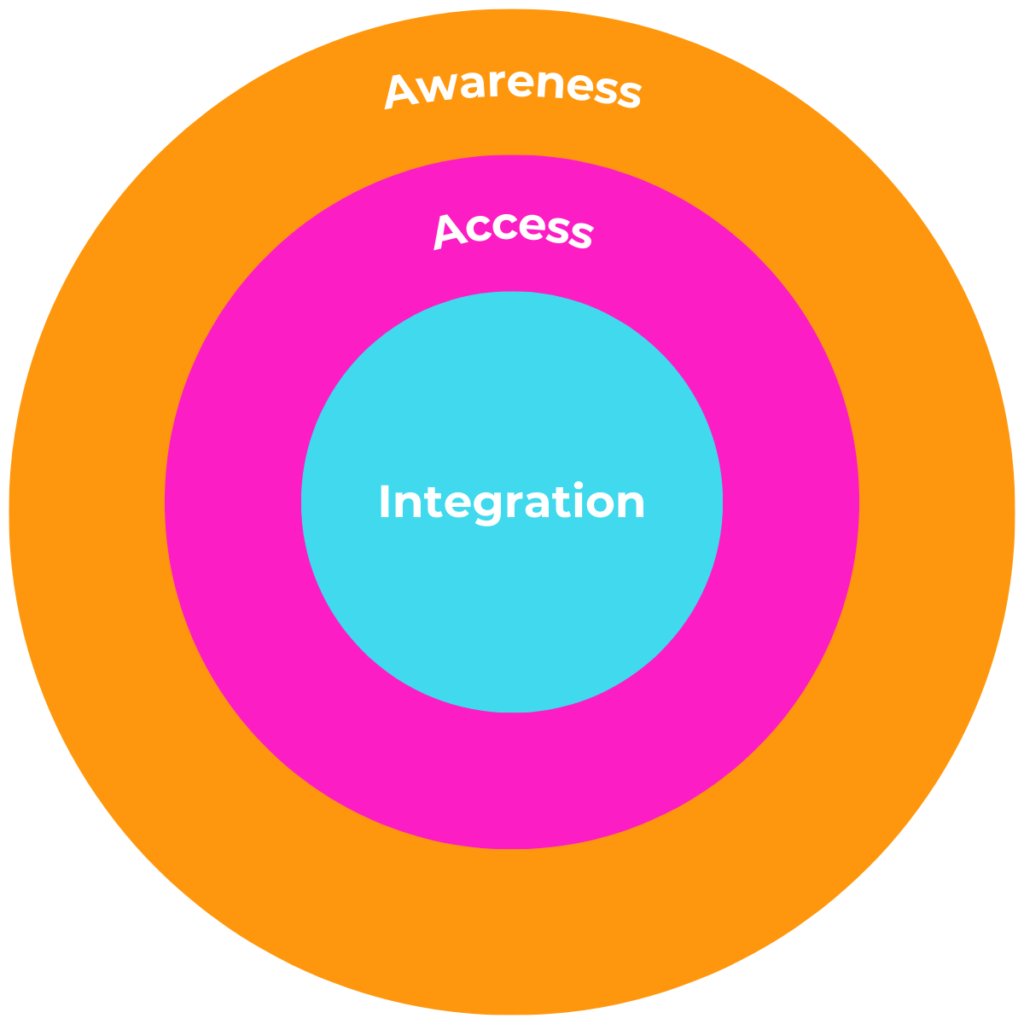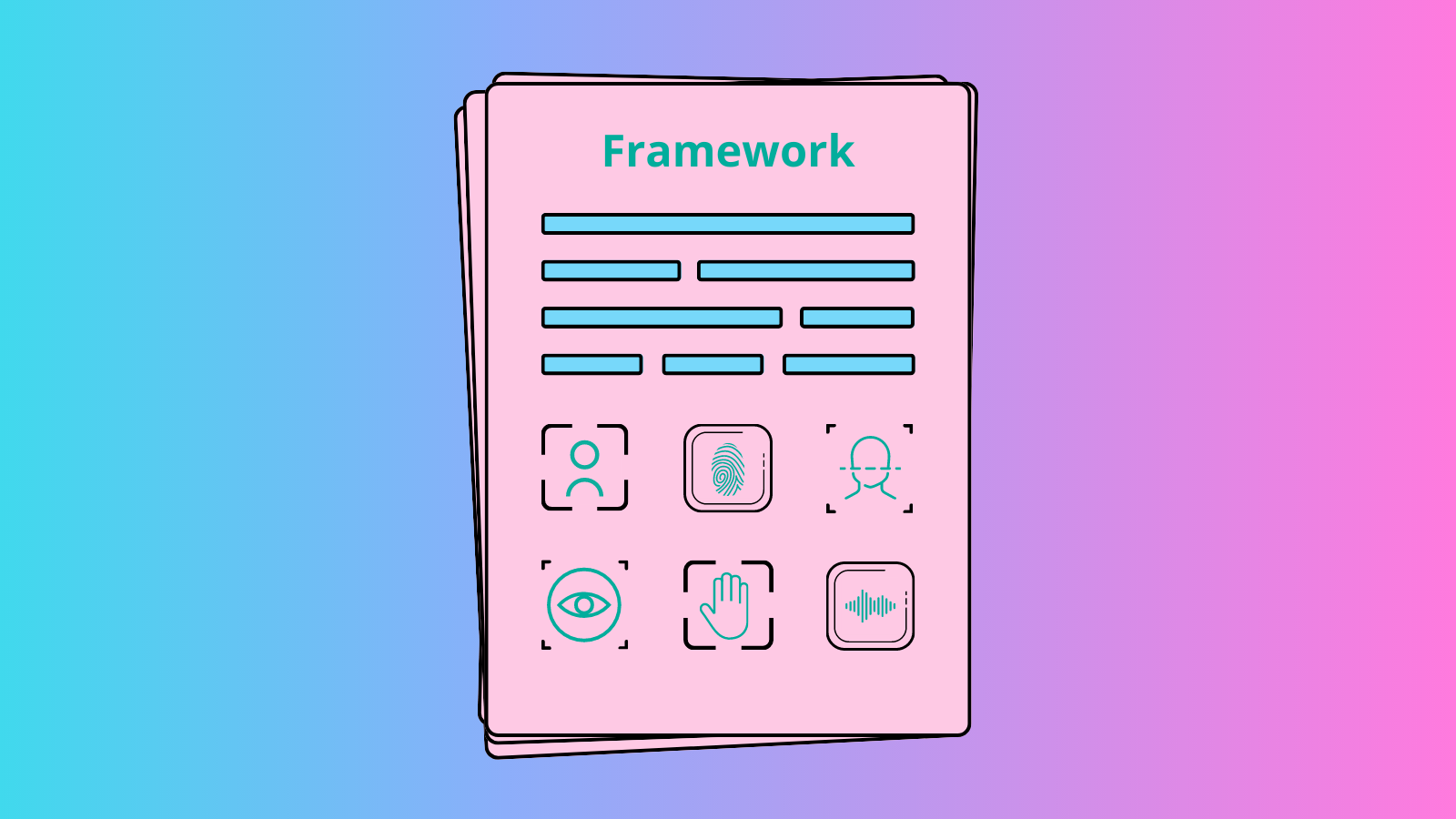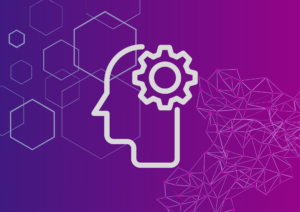Impulsed by the call set on Sustainable Development Goal (SDGs) 16.1 – legal identity for all by 2030 –, are currently underpinning the digital transformation of countries worldwide. In a previous blog, I ventured into the benefits and challenges of digital identity systems and policies, and the need for better data governance frameworks to ensure that the benefits of Digital ID systems are unlocked for all.
This blog will draw from my participation in the Berkman Klein Center’s Research Sprint on Digital Identity in times of crisis, to dive deeper into the Inclusion Assessment Framework that we developed as part of the Sprint’s outputs. The Framework seeks to provide a tool for policymakers and practitioners to assess digital identity systems and ensure that they are inclusive and thus unlock their value for all. The larger report proposing the inclusivity framework for digital ID systems will be released soon.
Fostering inclusion in digital identity systems
The Fall 2022 Research Sprint of the Berkman Klein Center for Internet & Society at Harvard University brought researchers, policymakers, and technologists together to venture into the challenges and risks of digital identity in times of crisis and collaboratively develop solutions to address them. Researchers were distributed in diverse groups to develop policy, data visualization, and speculative fiction outputs.
As a result of the sprint’s work, we developed the Digital Identity Inclusion Assessment. This Framework – which will be published in an upcoming report– seeks to support policymakers and practitioners in assessing digital identity systems to foster inclusion and not leave anyone behind.
Inclusion Assessment Framework

The framework was developed based on a non-exhaustive mapping of the guidelines, principles, and good practices developed by a series of stakeholders to promote inclusion in digital identity systems and policies. It can be used to assess inclusivity in digital identity systems and policies.
- Awareness refers to the extent to which individuals, communities, and actors know and are aware that either a digital identity policy or tool is being developed or is being implemented in their country. This level of assessment is related to digital and data literacy, and if information is shared widely and is publicly available for people to understand the benefits and risks of digital identity systems.
- Access or accessibility relates to the availability of the system and the possibility of accessing the system and its benefits by all individuals and communities. Assessing a system’s accessibility is connected to the possibility that people have of selecting the digital identity system they want to be a part of, of giving their consent to be part of a system, and how governments and people are able to deal with technology gaps to ensure equal access and inclusion.
- Integration refers to the effective inclusion of an individual or community into a digital identity system and the different possibilities that derive from being part of that system. Under this level, the assessment could focus on a system’s possibility of adapting to an individual’s changing identity over time and on people’s control over their data – and their power to decide how to use their data and for which purposes.
The Inclusion Assessment Framework could be used, for instance, to evaluate data governance frameworks for digital identity systems, and the extent to which they are promoting inclusion at all levels.
A data governance framework for digital identity would need to stimulate awareness campaigns around the benefits and challenges of the digital ID system. Likewise, it would need to foster access to the system and support closing the data and digital gaps. Finally, it would have a key role in giving people control over their data and giving them the agency to decide what their data could potentially be used for.
Conclusion
Through this effort of mapping risks and proposing a novel Digital Identity Inclusion Assessment Framework, my sprint colleagues and I hope to contribute to the achievement of (SDGs) 16.1 in a way that supports not leaving anyone behind. This Framework could be applied to effectively assess digital identity systems and policies – data governance frameworks for digital identity, for instance – and ensure that they are inclusive and responsibly unlock the value for all.
The full policy paper – detailing the development of the framework and the more than 40 guidelines, principles, and good practices mapped from key stakeholders – will be published in the coming weeks. You can access it and learn more about the Research Sprint on Digital Identity in times of crisis of the Berkman Klein Center for Internet & Society at Harvard University through this link.
The Datasphere Initiative team is developing more agile data governance frameworks to foster inclusion. Are you undertaking similar research and/or would like to contribute to the effort?
Reach out to us at [email protected].





